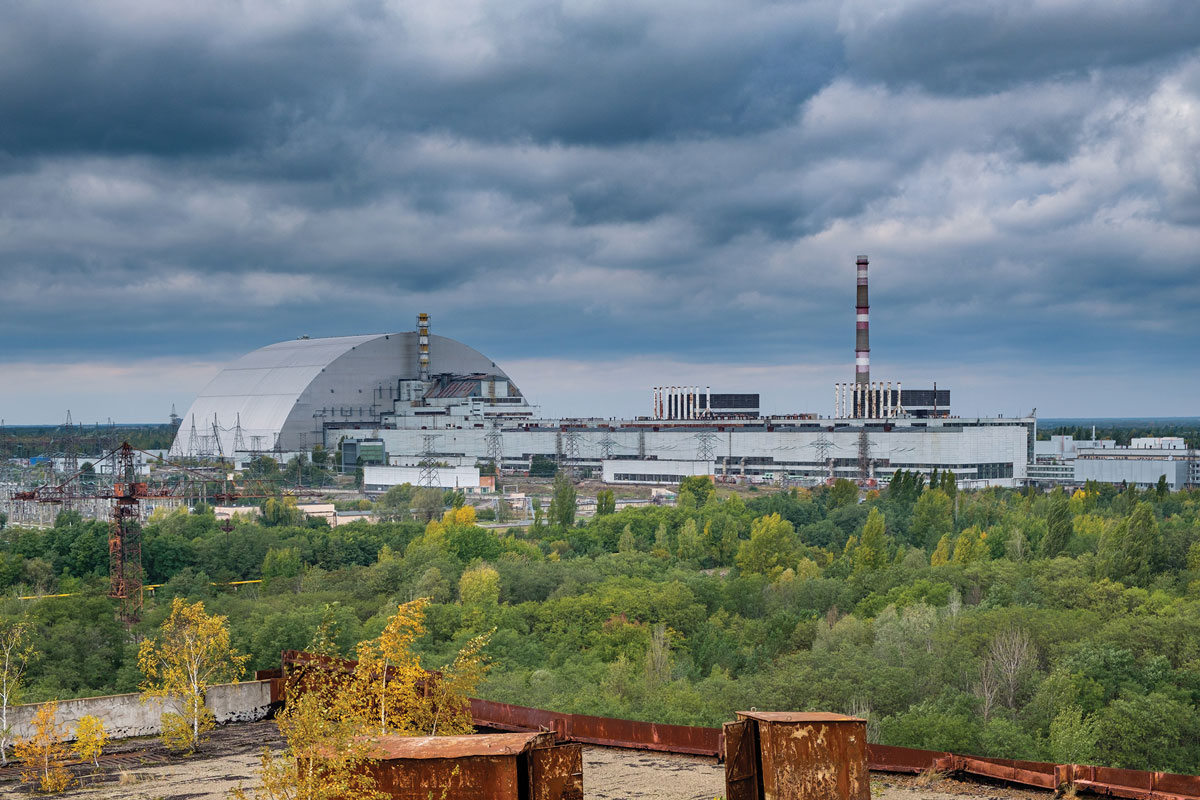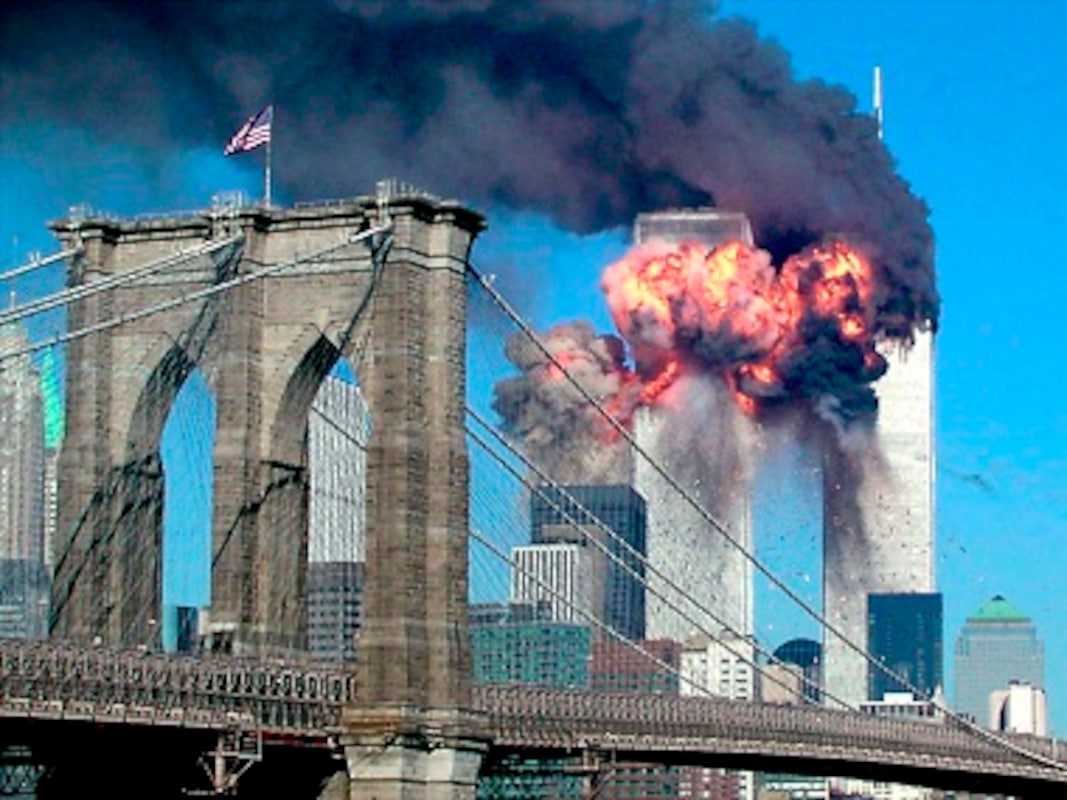The Black Swan Event in India- Boon or Bane?

Is there an emergence of the Black Swan Event in India? In the latest bulletin of the Reserve Bank of India, an article titled, “Capital Flows at Risk: India’s Experience”, called for maintaining enough liquid reserves to deal with the event known as the Black Swan Event.
This report is authored by the Deputy Governor of the Reserve Bank of India (RBI), Michael Debabrata Patra, along with Harendra Behera and Silu Muduli. The article suggests that India may experience a series of capital outflows of up to Rs 7,80,000 crore, which may lead to a significant global risk.

A Black Swan Event is an event that was something unexpected and unprecedented at the time it occurred. In layman’s language, it is something that is bound to happen. Sometimes the parameters like time, location, place, etc. may differ, but the event may likely have occurred in the past.
How did the term Black Swan metaphor emerge?
There was a belief in western society that all the swans were white. However, in 1697 Willem de Vlamingh, a Dutch explorer discovered a black swan. This incident was very unexpected and new to everyone and, since then, the word ‘Black Swan’ started to be used as a metaphor for all such events.

Black Swan Event Theory
Nassim Nicholas Taleb, 2001, introduced the theories around the Black Swan Event. According to Taleb, “black swan theory” refers only to unexpected events and their dominant role in history, that are of large magnitude and consequences. Such incidences, collectively play vastly larger roles than regular occurrences.

Later in 2007, his book, ‘The Black Swan: The Impact of the Highly Improbable’, made the theory well-known. This book focuses on developing such systems and methods that will help deal with the events in resisting their effects on society.
Taleb listed three elements that the event must possess to be known as a Black Swan Event. Every black swan event must:
i) Have the ability to exhibit drastic, and wide-reaching consequences
ii) Have a nature of unpredictability and unexpectedness, and
iii) Usually accompanied by hindsight biases, which means that once the event has passed, many individuals think that the event was predictable. This is only because now they are aware of the event and the likely outcomes.
Examples of Black Swan Event
1) Fall of Soviet Union, 1991– On 1 January 1991, the Soviet Union was the largest country in the world, covering nearly one-sixth area of the Earth’s land surface. But within a year, the largest country in the world had ceased to exist.

These were the reasons behind it:
i) The Political Reason– On 11 March 1985, Mikhail Gorbachev was titled the general secretary of the Communist Party of the Soviet Union (CPSU). He introduced the policies of glasnost meaning, openness to foster dialogue, and perestroika meaning restructuring, which introduced quasi-free market policies to government-run industries.
But this had an opposite effect, glasnost opened the barriers to criticism of the entire Soviet functioning. It resulted in the government losing control of both the media and the public sphere, and democratic reform movements gained ground throughout the Soviet Union.
By the end of 1989, Hungary had disassembled its border with Austria, Solidarity came to power in Poland, the Baltic states started taking determinative steps towards independence, the Berlin Wall had lurched, and the Iron Curtain had collapsed.
ii) The Economic Reason– During the 1990s, the economy of the Soviet Union was the second largest in the world but access to basic consumer goods was still a problem.
This was also a time when the economy of the Soviet Union’s black market was equal to more than ten percent of the country’s GDP. Economic stagnation severely affected the country as the oil prices dropped. Inflation hit the country hard.

iii) The Military Reason– Defense spending was always high in the country. Even when the country’s economy was lagging, the military was well-funded.
Involvement in Afghanistan was another main factor for the break-up of the U.S.S.R. Till the time the government was controlling the press, the effects of war remained muted, but with the introduction of glasnost, protests started to take place all over the country.
iv) Nuclear Explosion– On 26 April 1986, the Unit 4 reactor at the Chernobyl Power Station (currently in Ukraine) exploded. The amount of radioactive impact was 400 times more than the atomic bomb explosion in Hiroshima. According to Gorbachev, Chernobyl was perhaps the real cause of the collapse of the Soviet Union.

2) 9/11 Terrorist attacks, 2001– In 2001, 19 militants associated with Al- Qaeda hijacked airlines and coordinated four suicide attacks destroying the World Trade Centre. It was the deadliest terrorist attack in American history.
Around 2700 people were killed in New York, 40 in Pennsylvania, and nearly 184 in Pentagon. More than 400 police officers and firefighters were martyred, and all 19 terrorists died.
The first highjacked plane crashed on the north tower of the World Trade Centre in New York, and the second plane soon followed 19 minutes later and crashed on the south tower of the center. Now everyone knew that America was under attack.

The third plane crashed just outside the city of the Pentagon and the last one in the countryside of Pennsylvania. This loss left a huge void in the hearts of people. In response to this, in September 2001, President Gorge B Bush announced a $ 25 million bounty for any information leading to Osama bin Laden’s killing or capturing.
US Intelligence finally located him in Pakistan, and on 2 May 2011, by the orders of President Barack Obama, US Military shot and killed Obama.
3) Global Financial Crisis, 2008– In 2008, the US housing market crashed, which led to a severe global economic crisis. It started in 2006 when the housing prices started to fall for the first time after many decades.
At first, the realtors were happy about this situation but the borrowers were failing to repay the loans to banks. In 2007, banks started panicking about the losses, and to control this, they stopped lending to each other.
This led to lower demand for goods and services and hence, developed countries were severely affected.
4) 26/11 Terrorist attacks, 2008– It was an unexpected event for the whole country when a series of terrorist attacks took place and went on for almost four days in Mumbai, India.
Terrorists attacked several places in Mumbai which included, 2 luxury hotels, a Jewish center, a railway station, a restaurant, and a hospital. They killed around 170 people, both Indians, and foreigners, and around 300 people were injured.
The Taj Hotel’s burning walls and domes remained in flames for two days and three nights. On 28 November 2011, all sites were secured by the Mumbai Police and security forces except the Taj Hotel. The next day National Security Guards (NSG) conducted Operation Black Tornado to wipe out all the remaining terrorists at the hotel and finally ended the attacks.

All these events were unexpected and unprecedented. These incidents made a huge negative impact on the world and hence, came to be known as the Black Swan Event.




